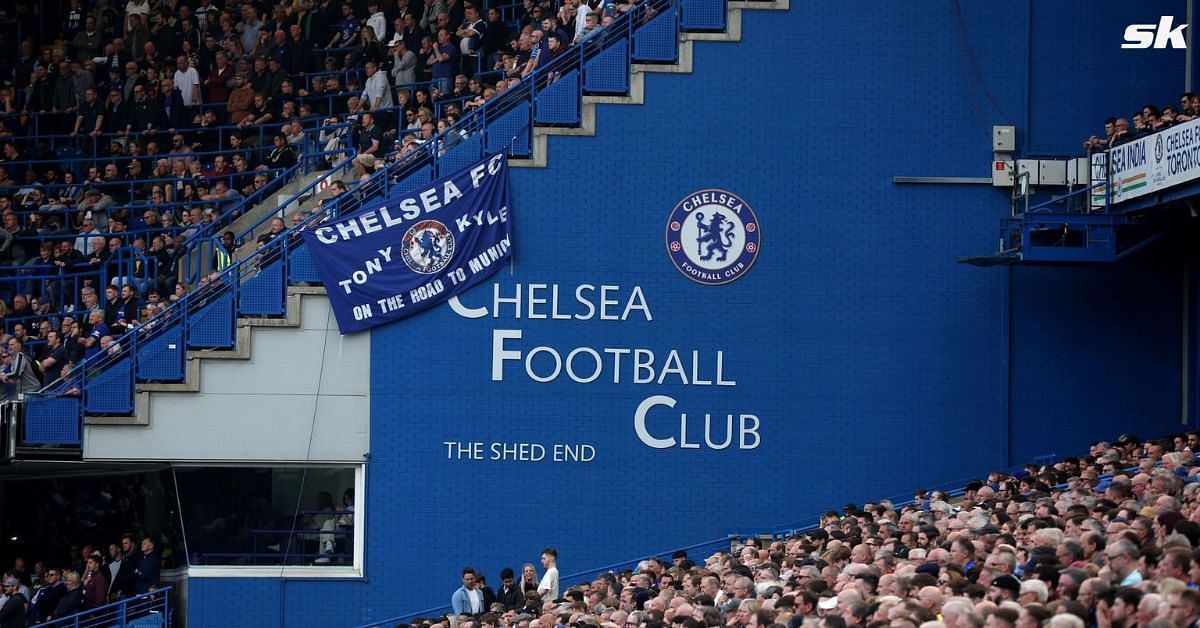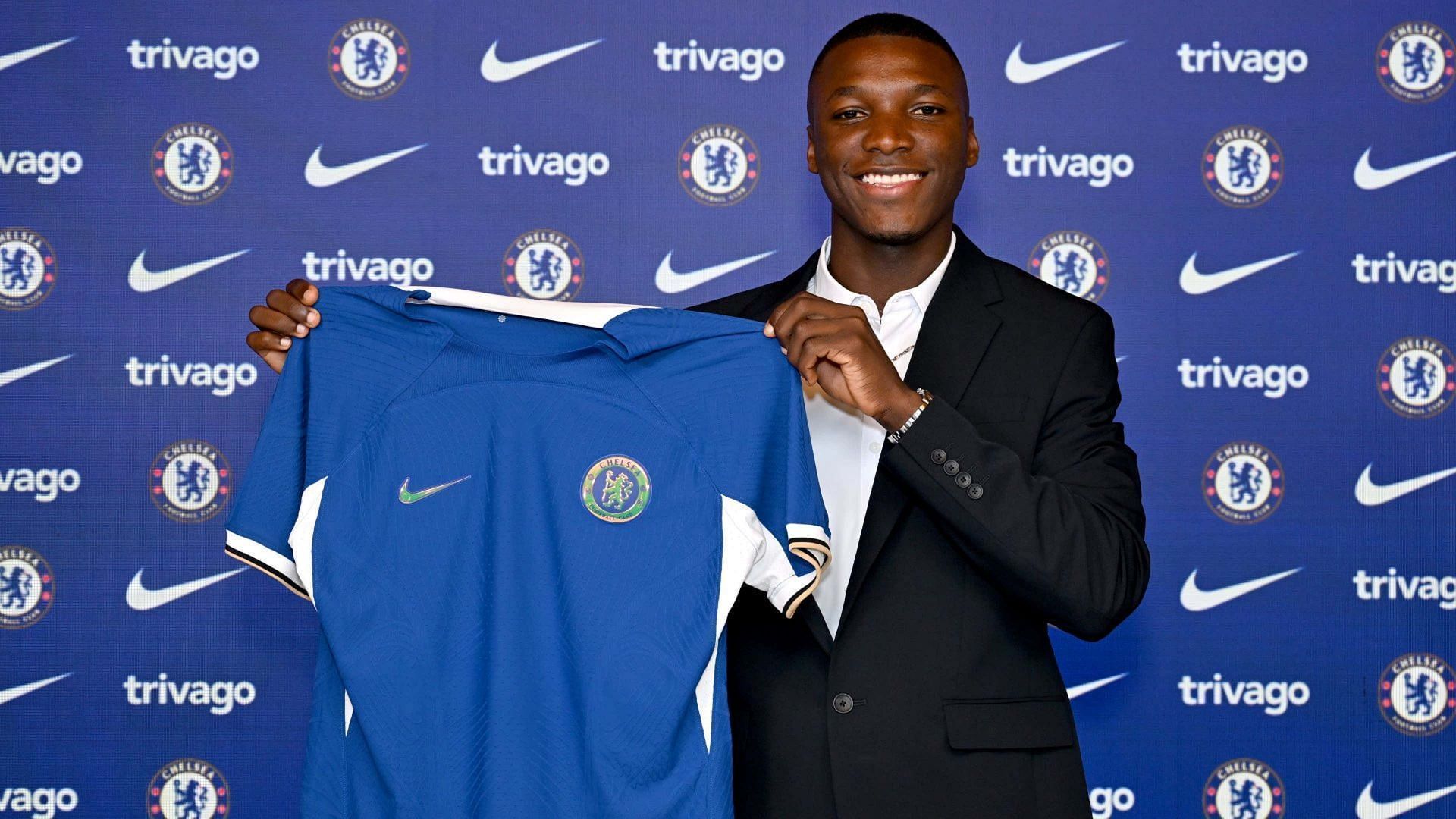
3 ways in which Chelsea avoided Financial Fair Play sanctions after spending almost £1 billion
If there is one area where Chelsea have outshone their biggest rivals in recent times, it has been their transfer spending. While last season was a complete bust on-field, Chelsea have hit it out of the park when it comes to spending big with over £900 million spent in just three transfer windows.
The Londoners have broken the British transfer fee record twice in three transfer windows. That has been a huge cause of concern for their domestic as well as European rivals as many of them have struggled to compete with the financial might of the Blues.
However, another thing that has caught the attention of the football world is that despite the spending, the Blues have avoided Financial Fair Play sanctions. While clubs like Barcelona have had a hard time dealing with the FFP regulations, Chelsea have done well to avoid FFP sanctions till now.
So, how on earth are the Blues staying within the FFP regulations? Let's look at three ways and find out:
#3. Contractual Loophole

If there is one thing common in all of Chelsea's signings, it is the length of the contract of the recently recruited players. The club's three biggest signings, Moises Caicedo, Enzo Fernandez, and Mykhalio Mudryk have all been given lengthy contracts.
For instance, while Fernandez has been given an eight-and-a-half-year contract, Caicedo has been given an eight-year deal. Meanwhile, Mudryk has also been given a seven-and-a-half-year contract.
As per UEFA's FFP and accounting standards, such large contracts allow the Blues to amortize, or stretch out the cost of each initial transfer price over the course of each contract.
However, this loophole is likely to disappear from this transfer window onwards. Since UEFA have imposed a five-year limit on contracts for amortized transfers, the big five leagues will soon follow the UEFA guidelines.
However, it won't have an impact on the deals already done by them. And as such, their big spending till now won't come under UEFA's FFP radar with regards to amortization.
#2. Squad clearout

While Chelsea's over-the-top spending has attracted its fair share of criticism, the Blues have done well to raise money by removing dead rubber from the squad. This summer, Chelsea have been ruthless when it comes to selling out-of-favor players.
The owners have sold 13 first-team players and those have been permanent transfers rather than loan deals. Some notable names include first-team players from their 2022 Champions League winning squad such as Mateo Kovacic, Christian Pulisic, Kai Havertz, and Mason Mount.
The Blues have raised close to £200m from those deals. However, it may seem like that sum is insignificant compared to the £900 million Todd Boehly and Behdad Eghbali have spent in the last year or so.
But, the Athletic has reported that the money generated by the sales of Havertz, Mount, and Kovacic could theoretically pay for £500 million ($636 million) in transfer fees spread over five-year contracts.
#1. New wage structure

A massive squad clearout has not only raised big money for the Blues, but it has also enabled them to implement a pretty effective wage structure.
The likes of Enzo Fernandez and Moises Caicedo have cost them a lot in terms of transfer fees. However, no one in the Blues' squad will be earning even remotely close to what De Bryune and Haaland are earning at Manchester City.
Chelsea have specifically targeted young players who are yet to reach their peak level. Since such players can be easily persuaded to take lesser salaries, the Londoners have managed to reduce their wage bill.
Besides, such long contracts are like insurance policies for players. So, in case their career goes downhill, the long duration of the contract would ensure guaranteed money to these players for a long time.
Chelsea will also get some protection from these in the long-term too. In case some of these transfers don't succeed, the club won't be burdened with their salaries. Additionally, it would be much easier for them to sell a player already on lower wages.